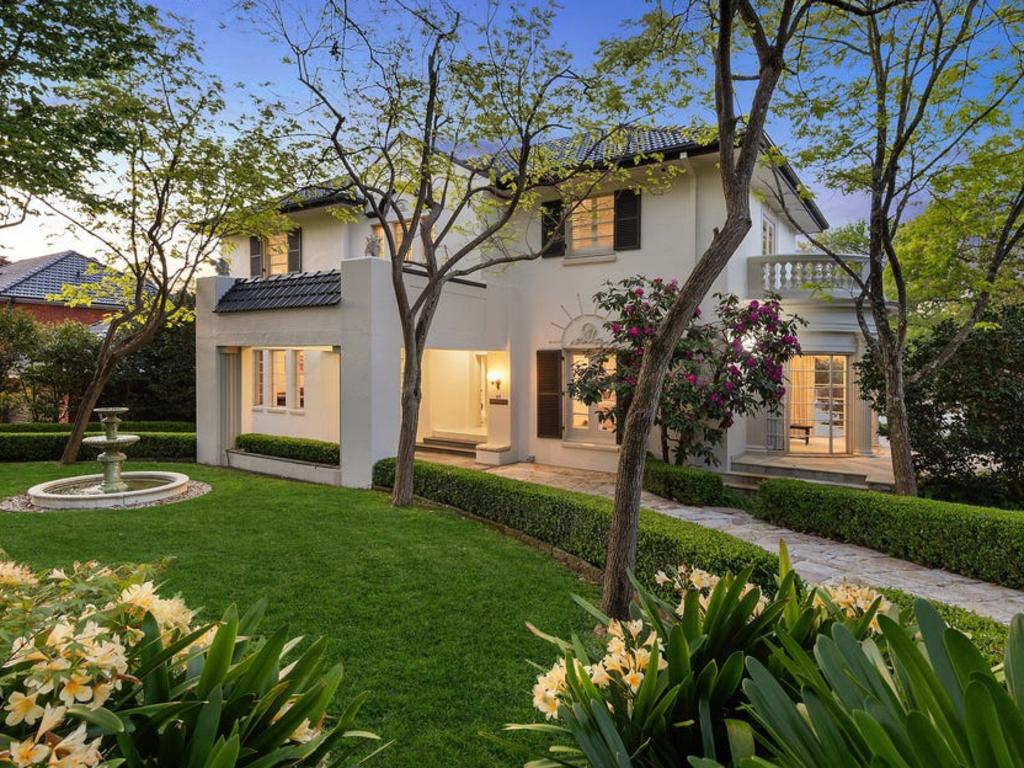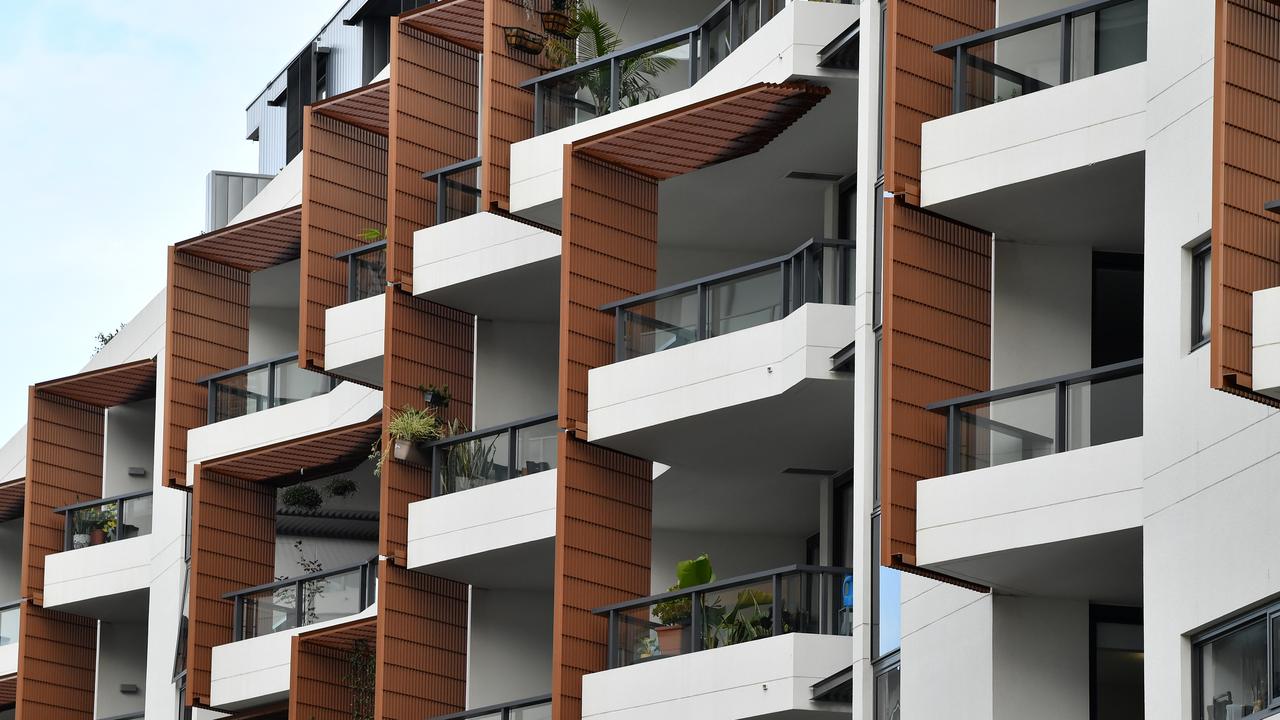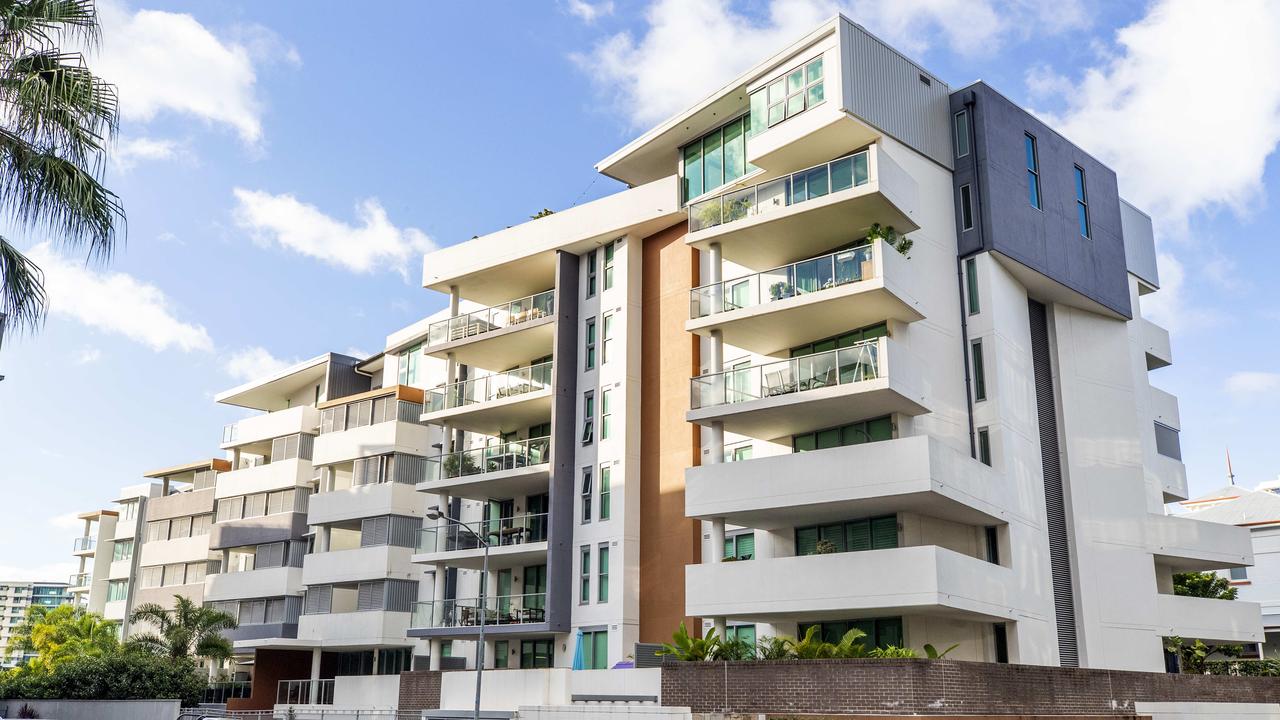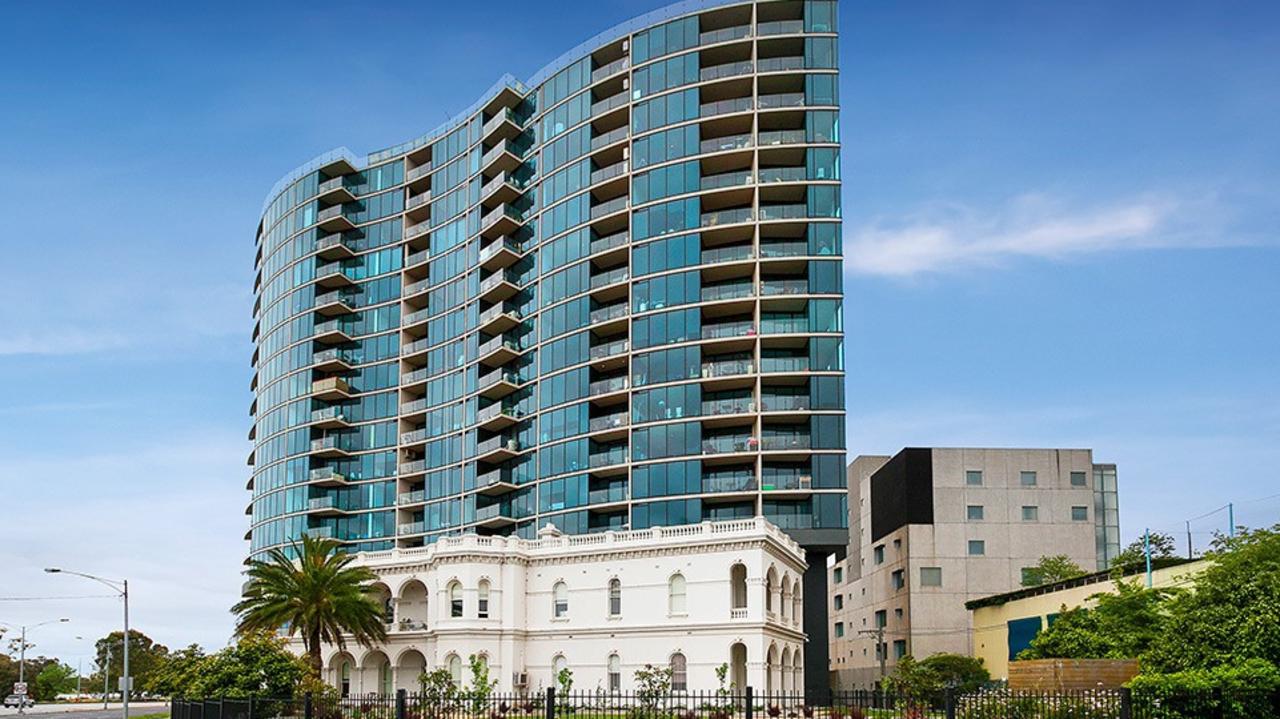‘Beyond your control’: dire homebuying reality
No matter how well you plan it, how much money you might have or the hours you put in, major factors in buying a home could be simply good luck. This is why.

Apartments are growing in popularity among homebuyers as the affordability gap between units and houses widens. But when it comes to apartment hunting versus house hunting – there are a lot of differences to keep in mind.
WHAT ARE YOU BUYING INTO?
When you buy a home, you’re investing in a property.
But, when you buy an apartment, you’re investing in a whole complex – and you’re investing in the other people that live there too, Sydney buyers agent and Buy Your Side podcaster Michelle May said.
“There’s a lot of things that are beyond your control when it comes to buying a unit,” she said.
“So, you’ve got to make sure that you do your due diligence ahead of time.”

She said buyers and their solicitors should examine the Strata Report carefully.
“It’s not just about having money in the kitty, it’s about, what are they doing with that money?” she said.
MORE: Experts declare: Aussie homes are ‘affordable’
How I saved $3000 on my mortgage with a phone call
Buyers should also ask the agent if there are any special or pending levies on top of those advertised, as well as the proportion they would be liable to pay, she said.

HOW OLD IS THE BUILDING?
Age is another important factor to consider when it comes to apartment living, buyers agent and author of Positively Geared Lloyd Edge said.
“It could have things like concrete cancer, that might not affect the unit you’re buying, but the general building could be affected,” he said.
May said she steers clear of anything less than five to seven years old.
“If you buy something Off The Plan, it’s all going to look shiny and pretty,” she said. “But, how is it built behind those walls? How good is the plumbing, how good is the insulation? Is the garage going to flood, is it going to have concrete cancer?
“You don’t really know until the building has settled and it’s been at least five years.”
MORE: Packer’s secret $100m Aus home visit after split

WHO ARE YOUR NEIGHBOURS?
It’s one thing to be stuck with bad neighbours on your street – but it’s quite another to be living directly underneath them. Edge said buyers can reduce the risk of living among transient residents by buying in complexes where there are a high proportion of owner-occupiers. Size and location are other important factors to consider.
Examining the strata report to see how issues have been dealt with in the past can also provide clues as to the type of neighbours you’ll be getting, May said.
MORE: 10 year wait: Bizarre reason these properties won’t sell
While many smaller complexes foster a real sense of community and have garden working bees, Christmas parties and Facebook pages, others are less friendly.
This can become a problem if the building is not as soundproof as you would like – and even more of a problem if you have an unresponsive strata committee that doesn’t act quickly to vote on issues affecting you and your home, she said.
MORE: Channel 7 newsreader’s $9m payout plan

WHAT ARE THE FEATURES?
The basic “tick a box” features that many homebuyers look for in a property can be even more important when it comes to buying a unit. Take aspect, for example. Edge said buying a home with a north to east aspect is crucial when it comes to apartment living, otherwise you could find yourself living in a cold, dark home without even a sunny balcony to warm you in winter.
Location is important no matter what type of property you buy, but position within the complex is an additional thing to consider with apartments, he said.
May said buyers should check out any advertised communal facilities, such as gyms or pools, as well as the size of the garage and the location of storage cages.

PROS AND CONS OF UNIT LIVING
Edge said there are several pros and cons to weigh up when deciding whether to buy an apartment. Here are some of the main ones to consider.
PROS:
Cheaper to buy – the purchase price of a unit is usually much lower than that of a house in the same suburb
Less maintenance required – it’s unlikely you’ll have a garden, and the common areas will be maintained by a professional maintenance service
Cosmo lifestyle – it could allow you to live closer to the city or live on top of cafes and shops
Higher yields – the yields tend to be higher on units rather than houses, creating value as an investment property
Security – many modern complexes offer good security features with some even having a concierge service

CONS:
Permissions – you usually have to seek permission from the Body Corporate for renovations and additions, including installing airconditioning
Processes – added to that, there will be processes in place that you must follow for things like moving or possible noise disturbances
No backyard – this makes it hard for young families and people with pets
MORE: ‘See thru’ one-bed unit sold for record $11m
Investor’s chilling warning: Why rents could rise by 50 per cent
Clever way couple cut mortgage bill by half
Originally published as ‘Beyond your control’: dire homebuying reality



